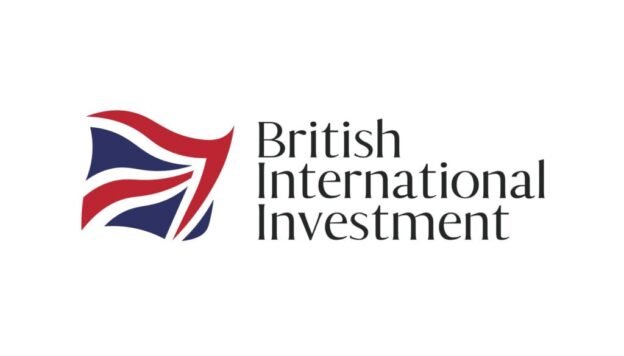Members of the national steering committee gathered on Monday, 14th of October 2024, to review achievements and challenges of the project implemented in the Far-North region of Cameroon.

As the project dubbed Refugee Education and Development (READ) enters phase III in 2025, members of the national steering committee met on October 14, 2024, at the head office of Plan International Cameroon in Bastos, Yaounde, to review strides recorded during the second phase of implementation.
This annual gathering of members of the National Steering Committee (NSC), which henceforth appears crucial for the project, is out to help dissect the challenges encountered by organizations on the ground and highlight key successes registered throughout the year.
Impact of the project
The over 14 Million Canadian dollars’ project funded by Global Affairs Canadian has as main objective, to enhance equitable and inclusive learning outcomes for vulnerable refugees, internally displaced people(IDPs), returnees, and host community children and youth, particularly girls, living in fragile conflict settings in Cameroon and Niger.
In his keynote address, Country Director of Plan International Cameroon, Mohamed Bah outlined the relevance of this session that brings together different stakeholders notably government officials from different ministerial departments.
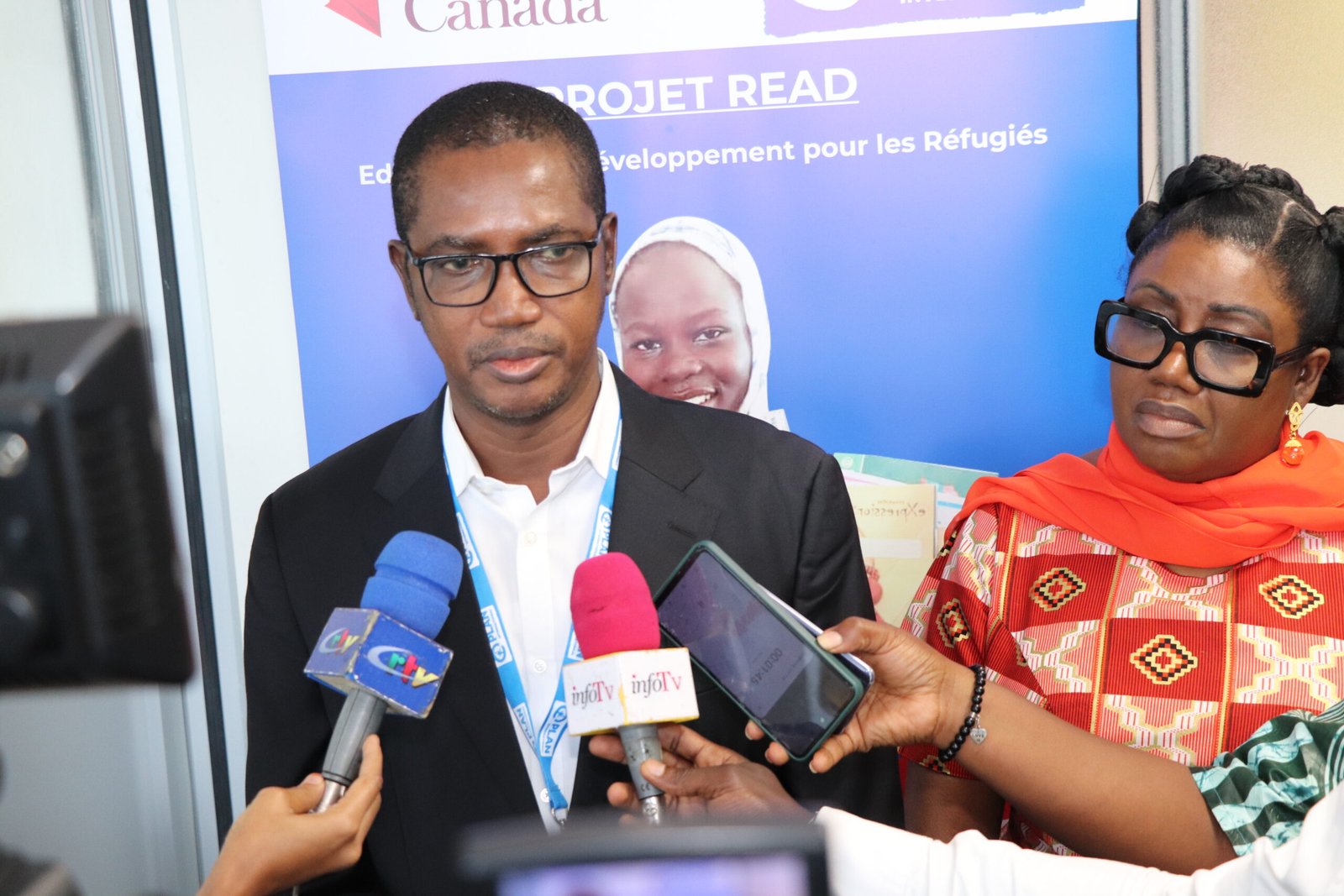
To him, the holding of a session of members of the NSC is geared towards giving a fresh impetus to activities taking place on the field.
“The READ project focuses on the field of education and primarily basic education, which makes the Ministry of Basic Education (MINEDUB) its main institutional partner. Moreover, in practice, it is an integrated approach that will bring together other expertise in the areas of protection, gender, entrepreneurship, the environment, livelihood durability, etc., and which will draw their consistency from the nature of the activities that will be proposed by the target groups.
We also plan to support the beneficiary groups in better structuring and networking so that they can have the chance to access better financing during and/or after the closure of the project. We will combine this with consistent advocacy actions with state and private institutions so that members who have demonstrated proven potential can benefit from better opportunities for access to resources.”
The patron of Plan International Cameroon also praised the collaboration put in place between his organization and partners who monitor this project on the ground such as Public Concern, ALVF Far-North region, and other refugee-led associations.
He said: “The READ project will have a direct impact on 39,859 children and young people, including 20,727 girls (52%) and 19,132 boys (48%), living in fragile environments in the Far North regions of Cameroon and Diffa in Niger. As a reminder, in Cameroon, this project takes place in twenty-five sites based in seven councils which are: Fotokol, Makary, Mora, Kolofata, Mokolo, Koza, and Mayo-Moskota.”
National Steering Committee chair, Mrs. Elobo Ambassa Lisette Catherine, Head of the Planning, Projects, and Cooperation division in the Ministry of Basic Education, and representative of the government stated some key figures to give a vivid description of the humanitarian crisis affecting thousands of people in these parts of the country.
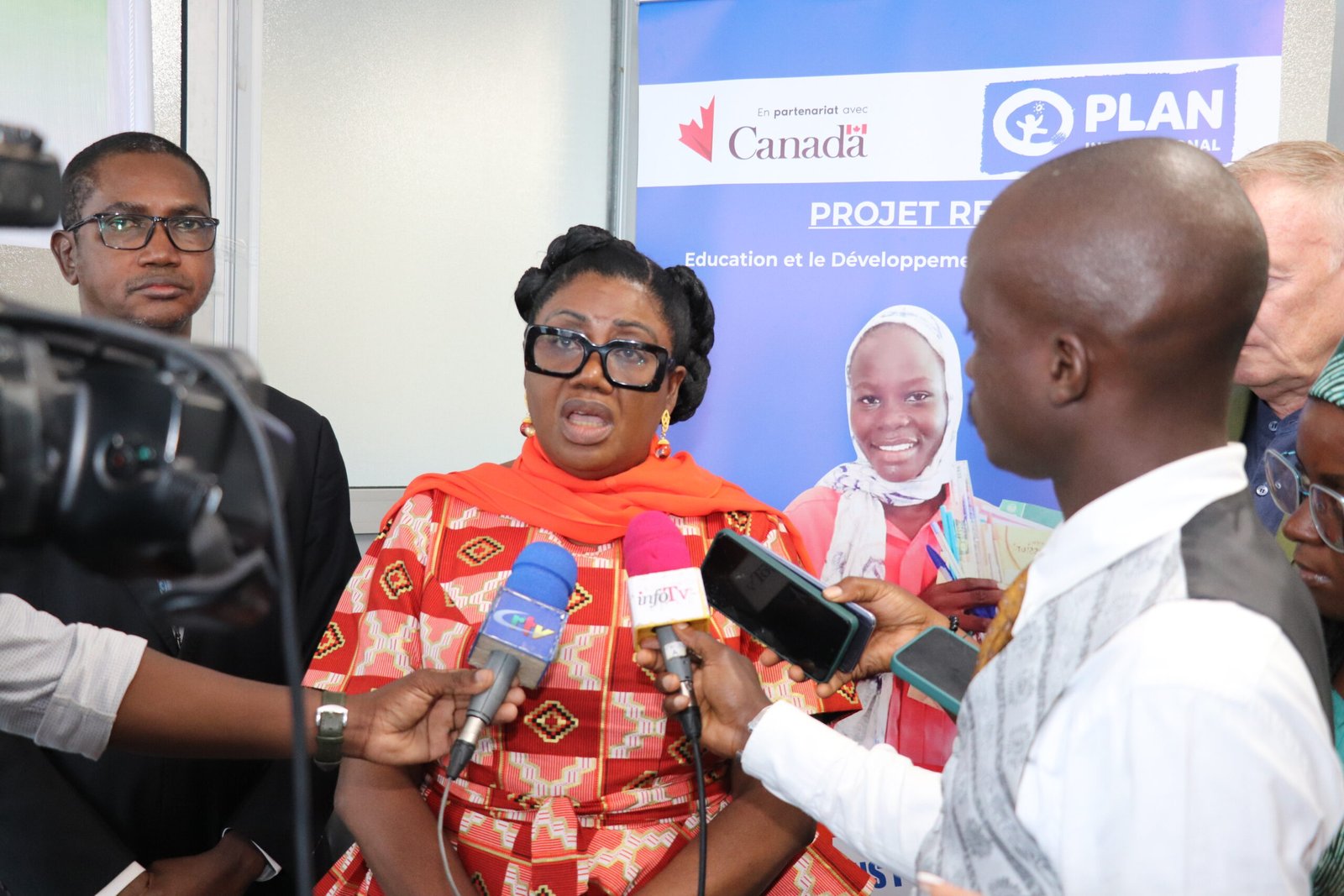
“In Cameroon, more than 2.4 million people are in a crisis or emergency phase of food insecurity and more than 933,000 people are internally displaced in 2022. To date, the Minawao refugee camp alone has more than 78,000 people. More than 46,817 refugees living outside the camp have also been identified by various humanitarian actors intervening in the area. These refugees are mainly Nigerian populations, mainly women and children, fleeing the atrocities of war.
In addition, more than 800,000 girls, boys, and adolescents do not have access to formal and informal education and are exposed to protection risks. (Humanitarian Response Plan (HRP), 2021). Between 2015 and 2019, the Global Coalition to Protect Education from Attacks (GCPEA) documented more than 11,000 attacks on education or military use of educational institutions worldwide, and 22,000 students, teachers, and education staff were deliberately targeted and injured. (GCPEA, 2020).” She said.
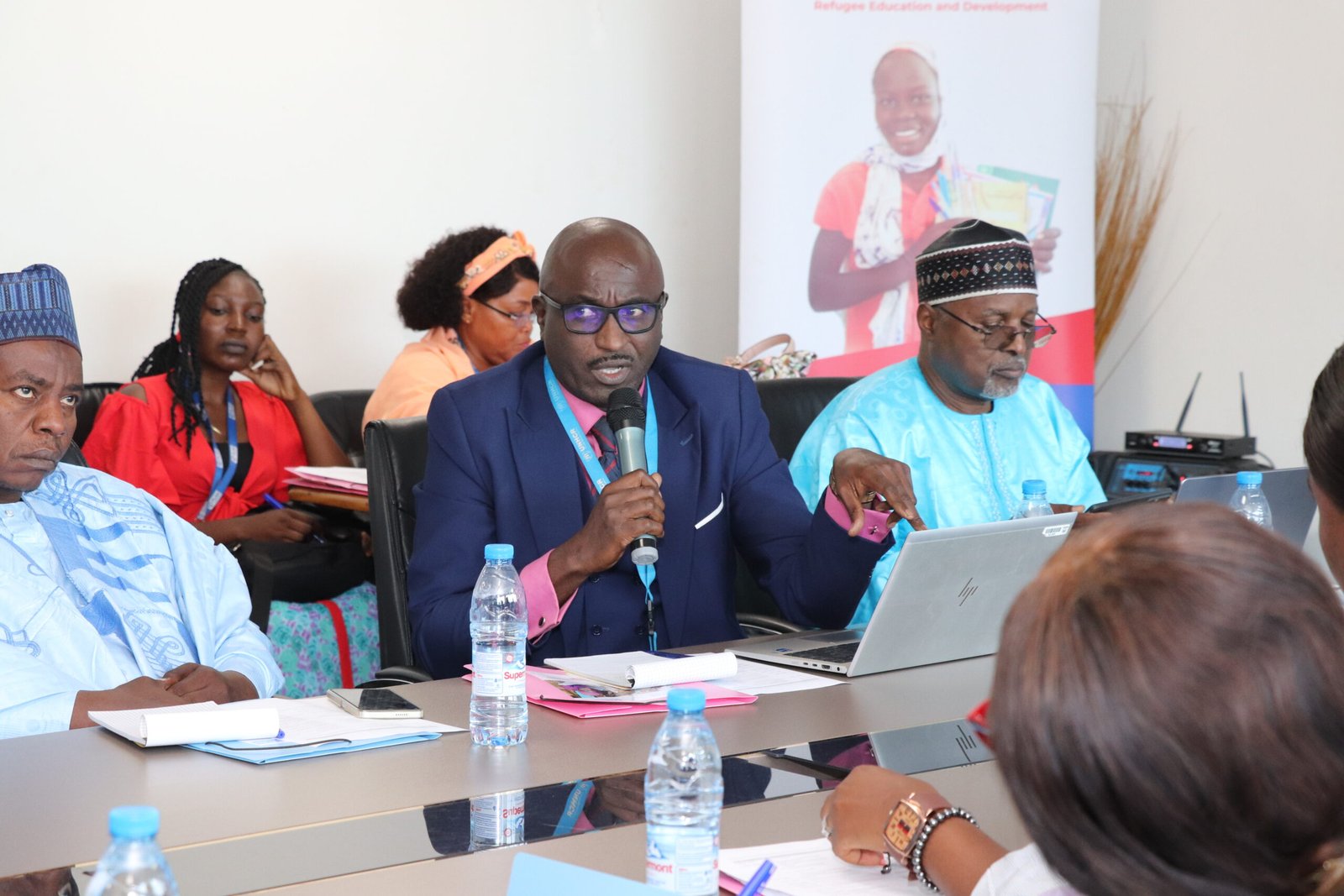
Moreover, Mrs. Elobo deplored the current situation that fragilizes the education of several young girls and boys, and whose dreams have been shattered due to the crisis. According to the representative of the government, the READ project is a positive response to the learning crisis and an important support to vulnerable groups.
Speaking to media practitioners, Political Counsellor of Global Affairs Canada, Richard Le Bars said the project is of prime importance to the government of Canada which has set up its policies around thematic issues like education.
He said the numerous challenges outlined by members of the national steering committee in the course of the session will be examined and addressed.
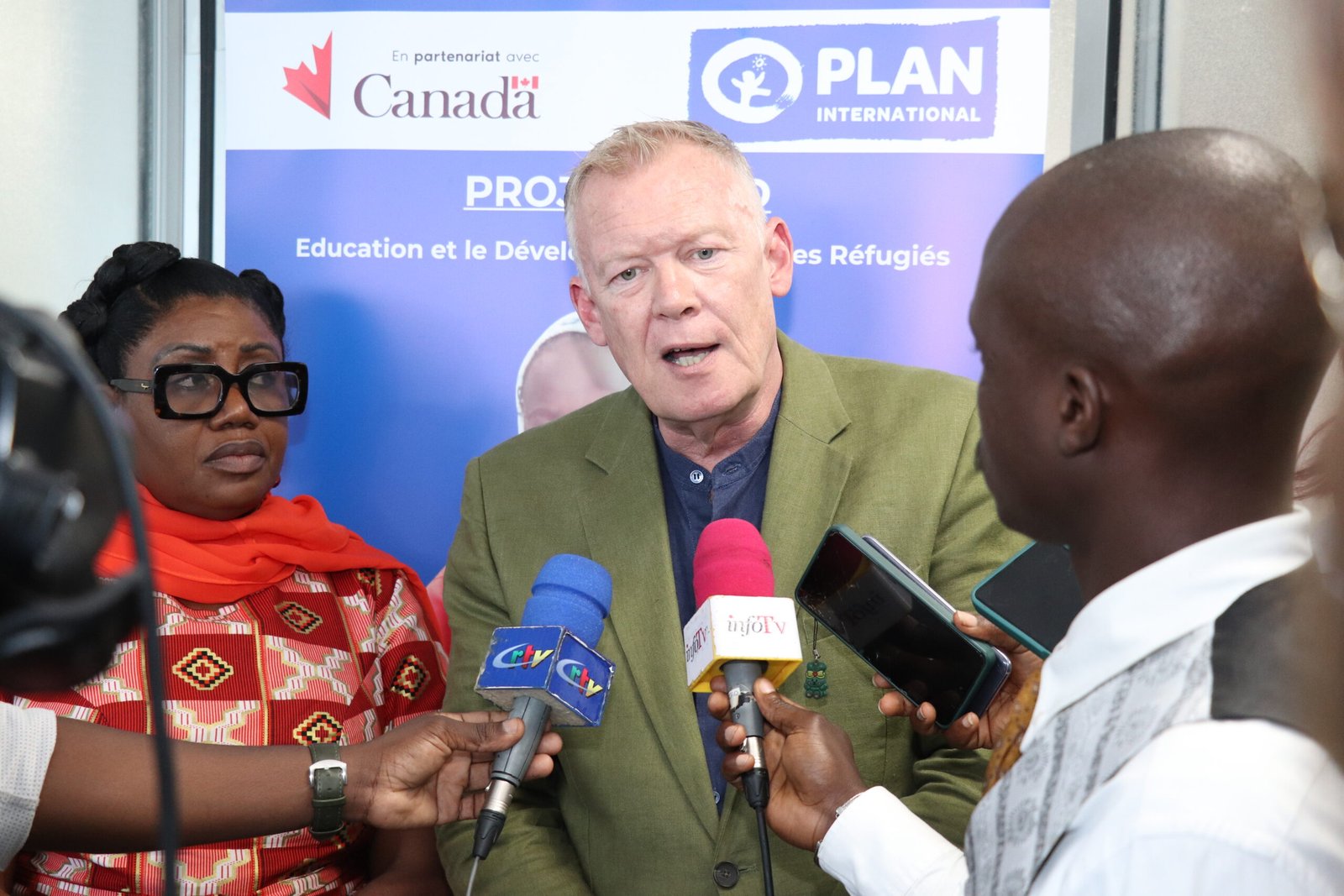
As indicated by Richard Le Bars, it is unfortunate to observe that the funds disbursed by the project are insufficient to address the huge needs of the different targets on the field, yet he appreciated the moves of the national steering committee made up of experts.
Mr. Le Bars went further by pointing out the extension of the project to 2028, showing how concerned the government of Canada, as a sister country to Cameroon, intends to play a pivotal role in curbing the education crisis in the Far-North-affected region.
During the one-day meeting, it was disclosed that phase II of this project has been rated at 78% execution on the field despite some hindrances encountered at the start of the project.
To conclude the conclave, some key recommendations were made by members of the NSC. They agreed to reinforce collaboration with key partners such as the United Nations High Commission for Refugees (UNHCR); undertake field visits to the project implementation areas to make an appraisal of actions carried so far and hold the next NSC meeting in Maroua, regional headquarters of the Far-North.
About the project READ
The Refugee Education and Development project(READ) launched on July 22, 2022, by Plan International, aims at enhancing equitable and inclusive learning outcomes for vulnerable refugees, internally displaced people(IDPs), returnees, and host community children and youth, particularly girls, living in fragile conflict settings in Cameroon and Niger.

The four-year project financed by Global Affairs Canada with the technical support of Plan International Canada strengthens refugee and IDP-led organizations to ensure predictable funding, and building networks for advocacy for refugee education, poverty reduction, and gender equality.
Elise Kenimbeni


